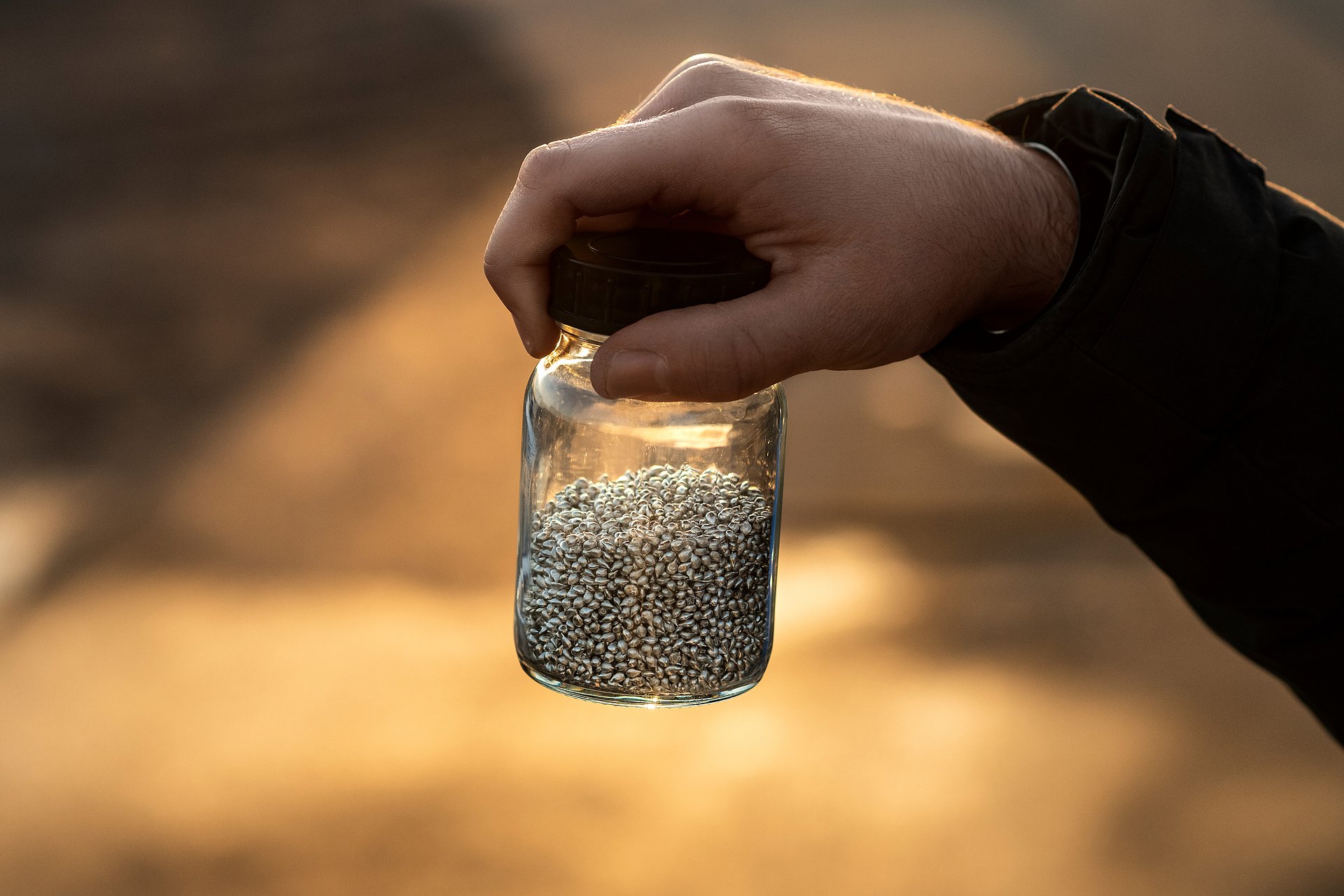Production of Organotin Compounds at BNT
Production begins with metallic tin, which is converted into tin chlorides via reaction with chlorine gas; this forms the starting point for producing organotin compounds. Tin tetrachloride is itself an important product for BNT, as a basic chemical for many industrial processes.
Since its founding, our focus has been on organotin and process-related products – over time we have developed the capacities and expertise to respond quickly and flexibly to customer enquiries and to deliver optimized customer solutions – regarding products, processes or containers.
Tin Chemistry in the Economy
The industrial use of organotin compounds only began in the mid-20th century, with the discovery of diorganotin stabilizers to increase the resistance of plastics. Organotin has since become an essential field of chemistry and is used for countless everyday products.
Tin chemistry has the greatest significance in the production of plastics – as a stabilizer in the finished product or as a catalyst in production.
Nearly a third of tin compounds produced are used in chemicals or pigments; In electroplating, tin organics are required for the surface treatment of numerous metals, and tin sulfides are used as lubricants.
The high electrical conductivity also makes tin interesting for electrical engineering, even beyond the traditional soldering tin. Tin organics, for example, are used as precursors in the production of superconductors, which offer almost no electrical resistance and are essential for modern electronics.
Although the amounts used are low, the use of organotin compounds in glassmaking is noteworthy, as it has a major impact on how we use glass today: tin coating allows for the more resource-efficient production of windows and containers – smooth, large-area windows and lightweight bottles, durable enough to withstand the stresses of everyday.
Organotin from BNT – Applications
BNT produces a large number of organotin compounds. With tin as the main component, various organic ligands determine the properties of the final substances. This results in products used in the production of plastics – as catalysts to make production processes more economical and as stabilizers that give the manufactured goods their longevity and resilience.
Monobutyltin trichloride and tin tetrachloride are used for coating glass – tin products, which are supplied as a finished solution directly from BNT to the companies. On-site, the freshly formed and still hot glass bottles are coated to seal micro-cracks in the material and act as a primer for subsequent coating layers.
However, the widest range of organotin compounds used is in the manufacture of plastics. As stabilizers they increase the longevity and heat stability of PVC products and coatings, as catalysts they enable the economical production of silicones or polyurethane foams.
A number of tin-based chemicals are also used in the electrolytic coloring of metals. In cathodic dip coating, organotin compounds are used as catalysts to make the coating processes possible, for example in the automotive industry in the painting of car bodies.
Another important application of organotin compounds is in the pharmaceutical industry – Several rearrangements in drug synthesis are made possible with our tin catalysts, most notably in the production of blood pressure reducing compounds.
BNT products are registered in accordance with European REACH regulations. Details can be found in the product section.

